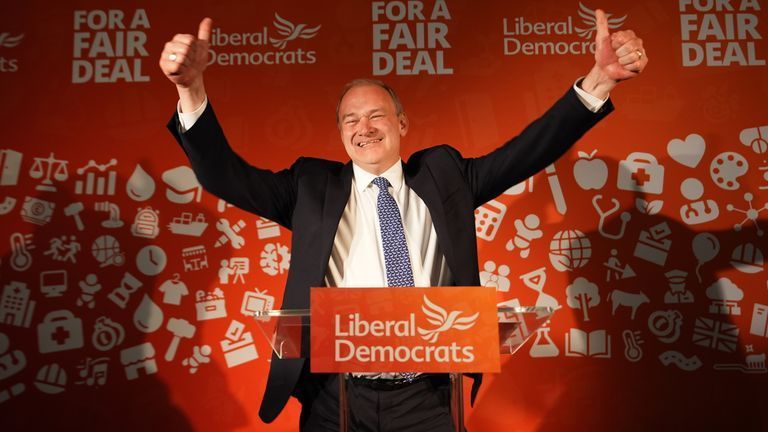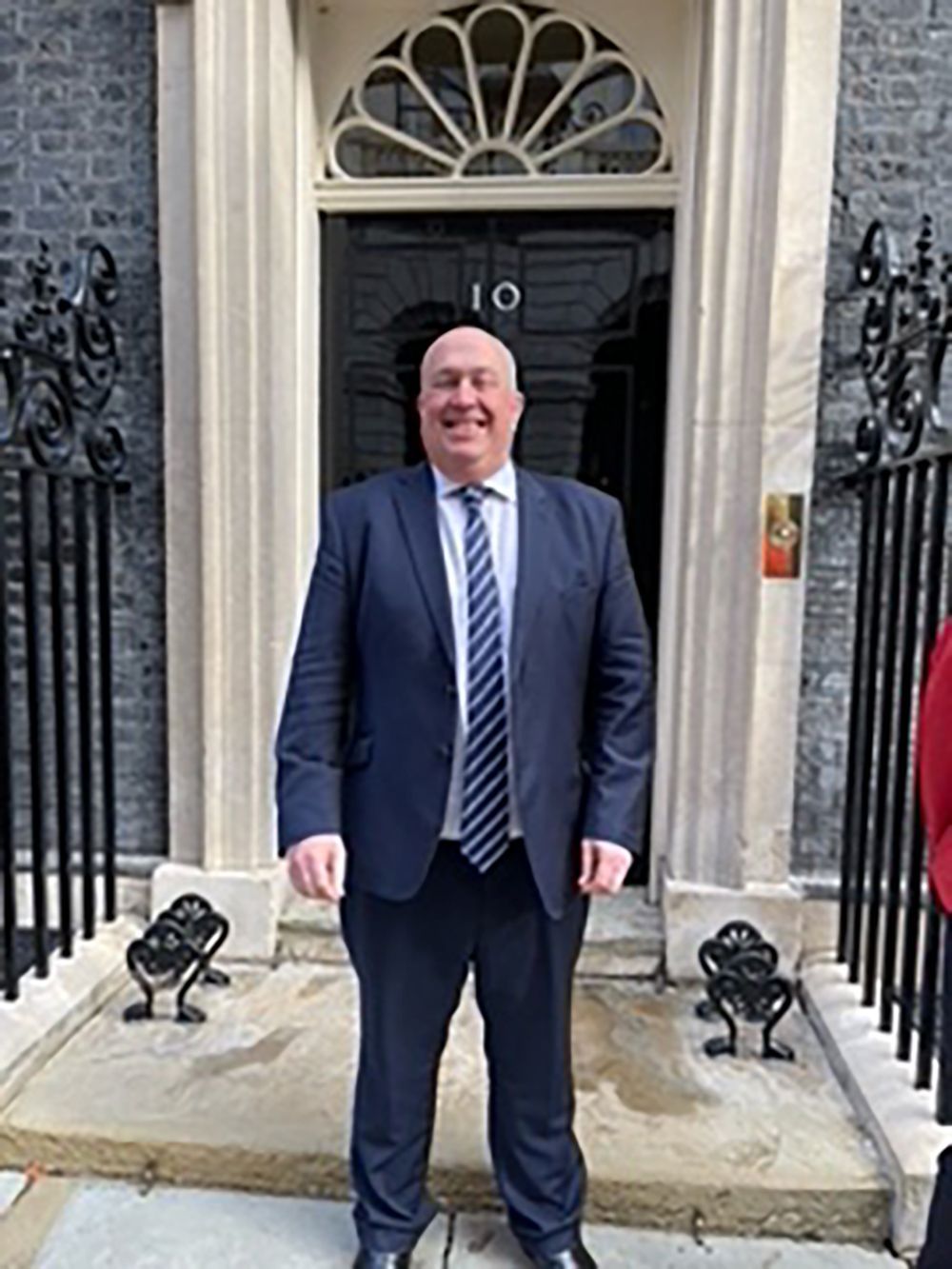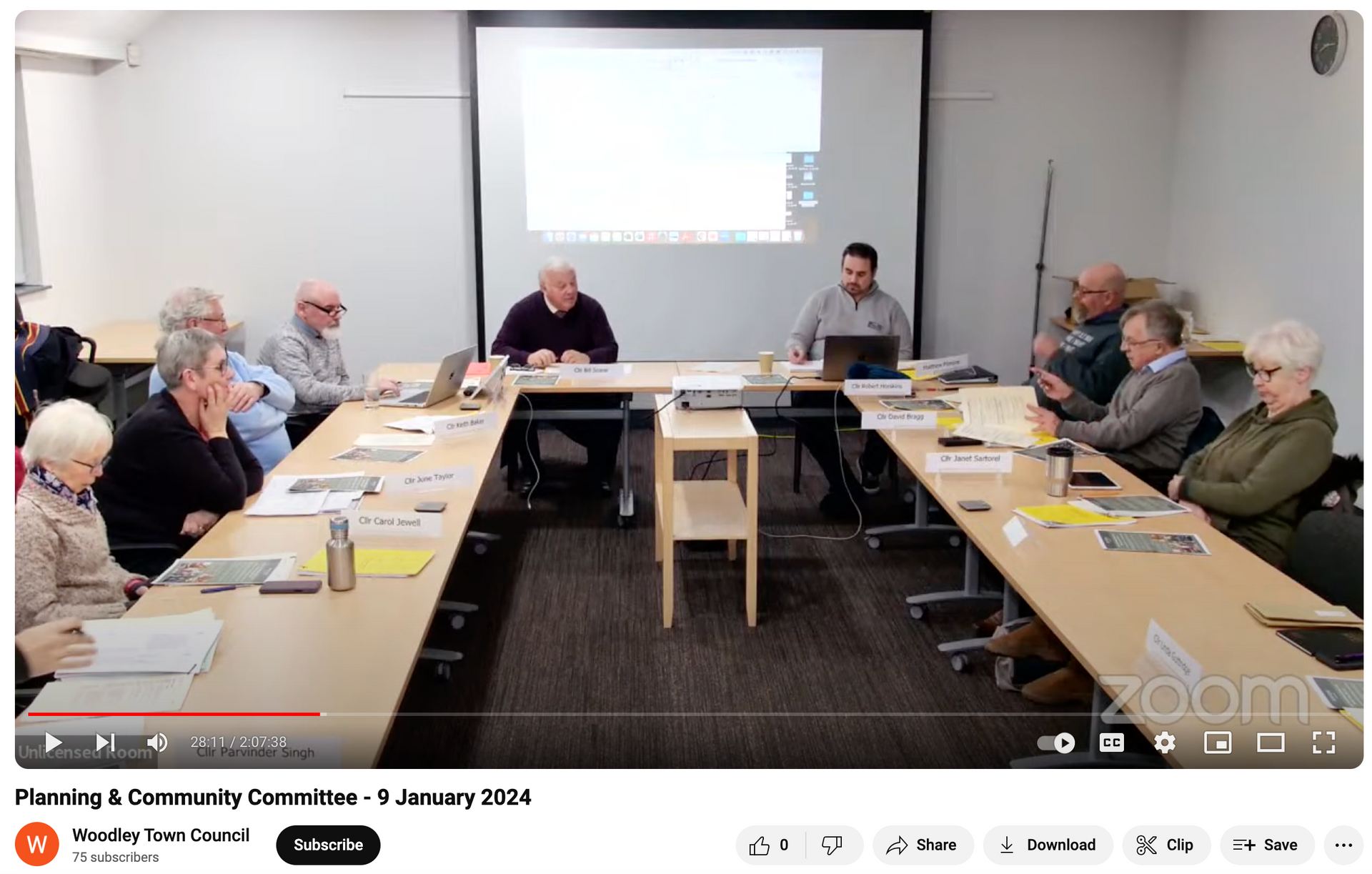Blue Wall Blues
As one MP recently put it, the Government continues in office with the air of the football fan who arbitrarily declares that Blackburn Rovers are on top of the Premier League with Alan Shearer tearing defences apart with his pace. Meanwhile, reality looms. The giant YouGov/Telegraph MRP poll published on 15 January shows a swathe of red and gold across the map of what has for a century been the truest of blue Conservative heartlands in the Home Counties.
Across Berkshire, Oxfordshire, Surrey and into Sussex, polling data predicts the worst possible nightmare for Rishi Sunak. The funders of the poll, nameless Conservative donors, may not have wished for the outcome they got; but they certainly got Tory MPs doing a frantic postcode search. Polls like these tend to downplay the effects of tactical voting; however, even if, as many of us expect, Richard Tice marches his Reform Party candidates to withdraw as in 2019 to minimise Tory discomfort, the situation looks dire for the Tories.
The seeds of these results were sown in the post-referendum chaos of 2019. The revival of Lib Dem fortunes that fell flat during a General Election campaign nonetheless revived the party’s local government base in many leafier parts of the South, with concerns about development and sewage often featuring in local campaigns. Housing land supply shortfalls frequently led to particular challenges for a government enabling a “development free-for-all”.
As recent Post Office/Horizon scandal coverage has shown, heat can follow news stories particularly fast. Reputation management dictates a need to manage sensitive projects at times when aspiring politicians have an eye for a headline. With boundary changes creating uncertainty, the risk for the industry is that once an issue is seized on, all parties will want to be seen as supporting a local action group or campaign. As the by-election in Chesham and Amersham that coined the “Blue Wall” showed, opponents of change have a broader audience at an election.
News recently reached us of a developer pushing ahead with a speculative application in one of the long-shot Lib Dem target constituencies. Music to our ears….. if we were a local Lib Dem election planning team. The natural tension between the populist urge to support local action groups and the shared, cross-party goal to build more homes will only go one way in these largely rural seats. While local opinion is much more balanced than an adrenalin-fuelled activist might acknowledge, we know as campaigners ourselves that in such situations, short-term political drivers hold sway.
At Chess, our cross-party political team does more than just banter. We have direct experience of just what local Conservatives are prepared to do to escape their likely fate; and what Lib Dem campaigners are relying on to revive their party. May’s local elections, from a Conservative high water mark, are likely to be a dry run. Our advice now on managing risk is a strategic necessity; knowing when not to do things is important in an election year, and regardless of the colour of my colleagues’ rosettes, the advice we at Chess will give is an essential part of any promotion strategy for 2024.








